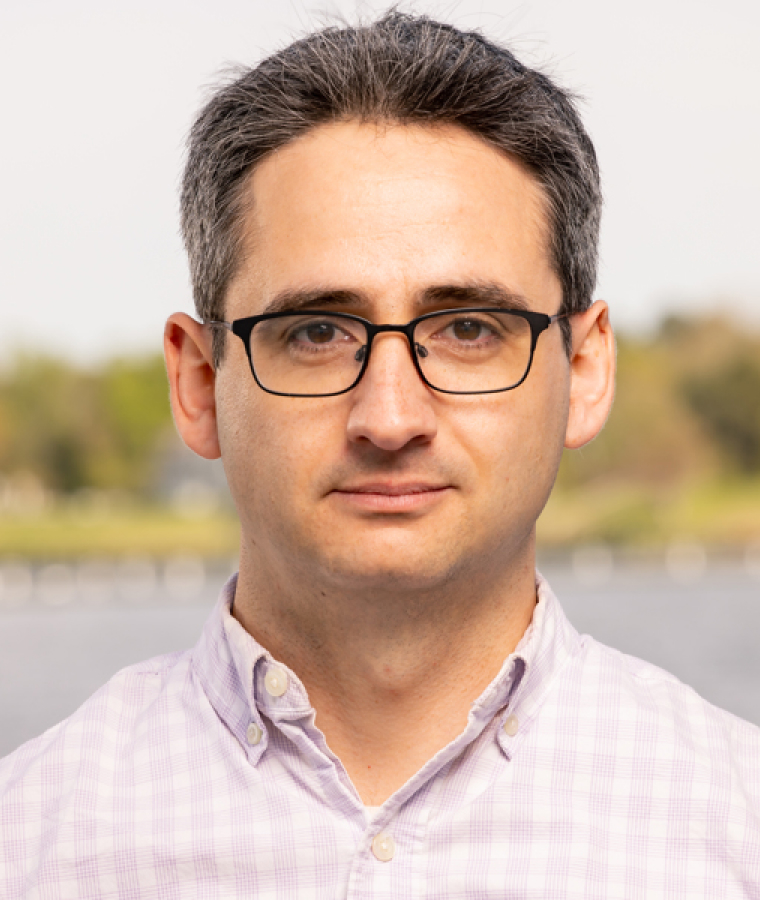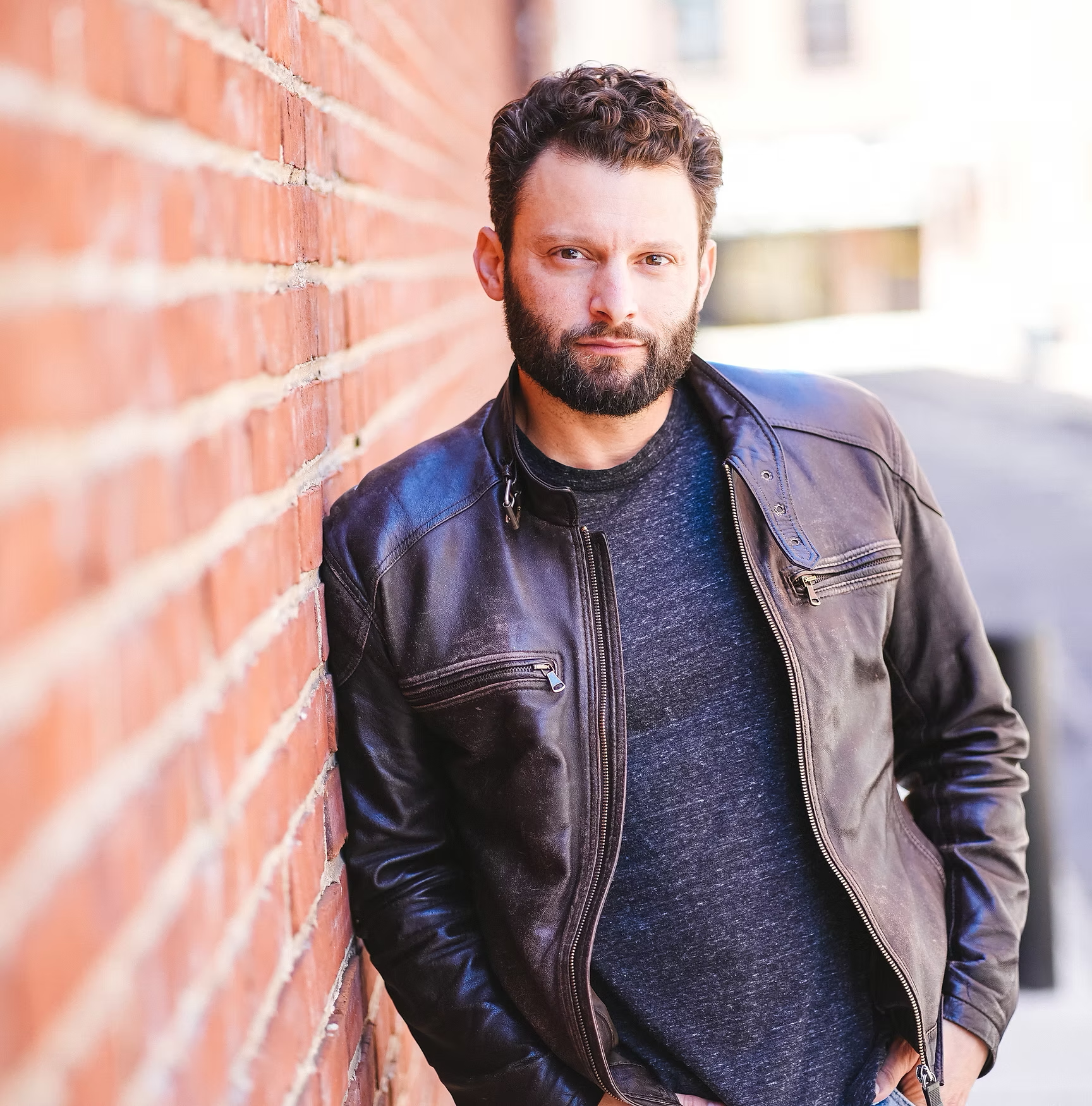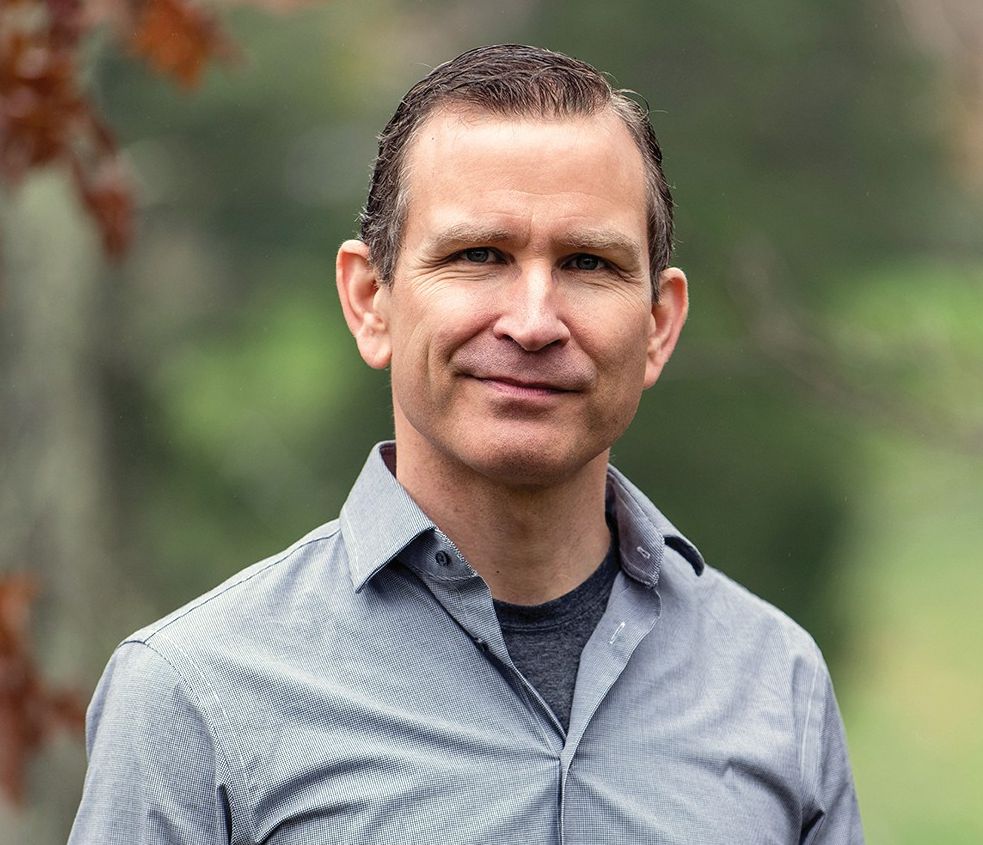Matt Duss, a former advisor to Bernie Sanders, is a leading figure in progressive foreign policy. On this episode of The World Unpacked, Matt lays out a global vision based on solidarity and harm reduction.
Jon Bateman, Matthew Duss
Sophia sits down with Cynthia Scharf, a senior fellow at the International Center for Future Generations, to discuss the geopolitics of solar geoengineering.
In the fight against climate change, a controversial new idea is gaining traction: solar geoengineering. Solar geoengineering, or solar radiation modification, is an emerging technology that aims to reflect sunlight back into space to cool planet Earth. In a world that is struggling to bring about the behavioral and political changes needed to reduce climate change, an innovative tech approach might seem like an alluring silver bullet.
But the reality is not so simple. In this episode, Sophia sits down with Cynthia Scharf, a senior fellow at the International Center for Future Generations and former senior strategy director for the Carnegie Climate Governance Initiative. They discuss solar geoengineering's risks and promises, as well as its implications for geopolitics and conflict.
Carnegie does not take institutional positions on public policy issues; the views represented herein are those of the author(s) and do not necessarily reflect the views of Carnegie, its staff, or its trustees.
Matt Duss, a former advisor to Bernie Sanders, is a leading figure in progressive foreign policy. On this episode of The World Unpacked, Matt lays out a global vision based on solidarity and harm reduction.


Jon Bateman, Matthew Duss
Oren Cass is driving these debates as one of the most influential conservative thinkers of the Trump era. Cutting against traditional GOP orthodoxy, he has long argued for more tariffs, trade barriers, and worker protections—anticipating and influencing many of Trump’s policies. Oren joined Jon Bateman on The World Unpacked to explore the China shock, AI disruption, and Alexander Hamilton.


Jon Bateman, Oren Cass
The Paveway bomb, invented by Texas Instruments in the 1970s, was the first truly precise munition. It revolutionized America’s air campaign in Vietnam and allowed whole new kinds of “limited” U.S. wars in Libya, Iraq, Serbia, and beyond.


Jon Bateman, Jeffrey E. Stern


Jon Bateman, Bruce Friedrich
Steve Feldstein, a leading expert on technology and warfare, joined Jon Bateman on The World Unpacked to break down these trends. Are drones helping defenders deter aggression, or enabling attackers to slaughter more civilians? Why haven’t we seen full autonomy? And has the U.S. fallen behind in the weapon class that it first pioneered?


Jon Bateman, Steve Feldstein